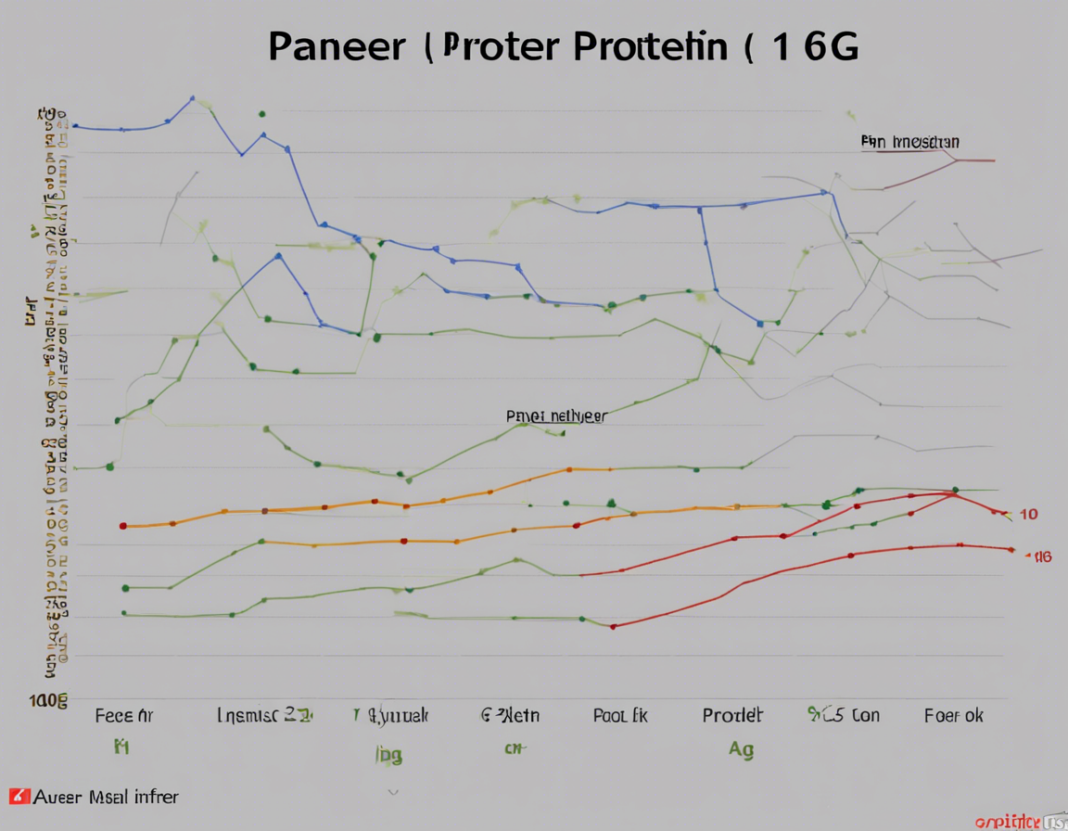Paneer, also known as Indian cottage cheese, is a popular dairy product that is widely consumed in Indian cuisine and vegetarian diets worldwide. Its high protein content makes it a valuable source of nutrients for vegetarians and those looking to increase their protein intake. In this comprehensive guide, we will explore the nutritional value of paneer protein, its benefits, how it compares to other sources of protein, and tips on incorporating it into your diet.
Nutritional Profile of Paneer
Paneer is rich in various nutrients, with protein being one of its standout components. The protein content of paneer per 100g is approximately 18-20 grams. In addition to protein, paneer also provides essential nutrients such as calcium, phosphorus, vitamin B12, and selenium.
Benefits of Paneer Protein
-
Muscle Building: Protein is essential for muscle growth and repair. Paneer protein can help individuals, particularly vegetarians, meet their protein requirements for maintaining and building muscle mass.
-
Weight Management: Protein helps increase satiety and reduce appetite, making it beneficial for weight management. Including paneer in your meals can help you feel full for longer periods.
-
Bone Health: The calcium present in paneer is crucial for maintaining strong bones and teeth. Including paneer in your diet can contribute to your daily calcium intake.
-
Vitamin B12 Source: Paneer is a good source of vitamin B12, which is important for nerve function and DNA synthesis, especially for individuals following a vegetarian or vegan diet.
Paneer Protein vs. Other Protein Sources
When comparing paneer protein to other protein sources, such as chicken, eggs, and lentils, it’s essential to consider the quality and digestibility of the protein. Paneer is a complete protein, meaning it provides all essential amino acids required by the body. Additionally, paneer is a dairy product, making it a good source of calcium and vitamin D, which are essential for bone health.
How to Include Paneer in Your Diet
There are numerous ways to incorporate paneer protein into your diet:
- Paneer Tikka: Grilled paneer marinated in spices.
- Palak Paneer: Paneer cooked in a spinach-based gravy.
- Paneer Paratha: Paneer stuffed flatbread.
- Paneer Salad: Crumbled paneer added to a fresh salad.
- Paneer Bhurji: Scrambled paneer with onions, tomatoes, and spices.
Frequently Asked Questions (FAQs)
- Is paneer protein suitable for individuals with lactose intolerance?
-
Paneer is a dairy product and contains lactose. Individuals with lactose intolerance may experience gastrointestinal discomfort when consuming paneer. They can opt for lactose-free alternatives like lactose-free paneer or choose lactase supplements to aid digestion.
-
Can paneer protein help in weight loss?
-
Paneer is a good source of protein, which can aid in weight loss by increasing satiety and preserving lean muscle mass. However, portion control is essential as paneer is calorie-dense.
-
How does paneer protein compare to tofu in terms of nutrition?
-
Both paneer and tofu are excellent sources of plant-based protein. Paneer is higher in protein and calcium, while tofu is lower in calories and fat. The choice between the two depends on individual dietary preferences and requirements.
-
Is homemade paneer healthier than store-bought paneer?
-
Homemade paneer allows you to control the ingredients and the process of preparation, making it a healthier option compared to some store-bought varieties that may contain additives or preservatives.
-
Can paneer be used as a post-workout protein source?
-
Paneer can be consumed post-workout to aid in muscle recovery and growth. Pairing paneer with a source of carbohydrates can enhance protein absorption and glycogen replenishment post-exercise.
-
Is paneer protein suitable for individuals following a ketogenic diet?
- Paneer is low in carbohydrates and can be included in a ketogenic diet. It provides a good source of protein and fat while keeping carb intake minimal.
Conclusion
Paneer protein is a valuable addition to a balanced diet, offering an array of nutrients and health benefits. Whether you are looking to increase your protein intake, support muscle growth, or improve bone health, incorporating paneer into your meals can be a delicious and nutritious choice. Be mindful of portion sizes and variations in preparation methods to fully enjoy the benefits of this versatile dairy product.

